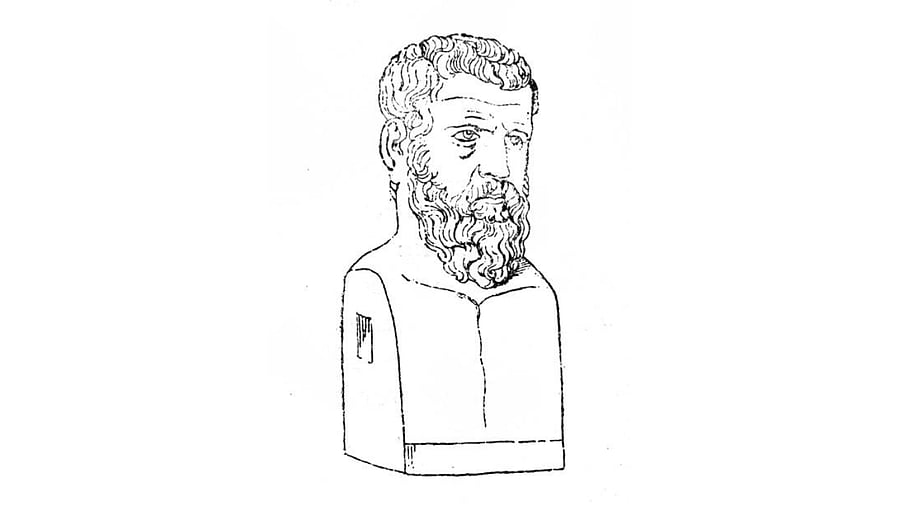
When we are aware of the transience of the moment and the brevity of our encounters it heightens our experiences and broadens our exchanges.
Credit: iStock Photo
‘No man steps into the same river twice, for it’s not the same river and he is not the same man.’ This is the famous quote of the Greek philosopher of pre-Socratic times, Heraclitus who tells us that just as the waters of the river are ever flowing with new waters towards a destination man’s life too is forever in transience. As Ovid says, “A rolling stream- and streams can never stay as wave is driven by wave, and each pursues the wave ahead”.
Nothing today is like yesterday, nor will it be like tomorrow. Life is a constant flux with new encounters of people, ideas, cataclysmic events, forever dynamic and volatile. Just as the waters of the river flow on gentle and placid and ruminative and then suddenly overcome by rapids that can cause a deluge life too has its gentler, joyful aspects and then it's tragic outcomes
What we know of other people is only what we remember of them as we knew them. And they have changed since then and at every meeting we are meeting a stranger- the eternal change in the seeming changelessness.
Each moment in an encounter is singular and unrepeatable and needs to be treasured for the value it delivers and the lessons we learn from a wide variety of people and occasions and our interactions.
When we are aware of the transience of the moment and the brevity of our encounters it heightens our experiences and broadens our exchanges. Life allows no revisions or second drafts and this could be distressing if we don’t address the changes in our lives.
The takeaway from this is we must embrace change with all its opportunities and vulnerabilities and emerge as strong individuals. Just as the river comes down the mountaintop, meanders, changes course joins in with new waters and becomes resplendent our lives too should become meaningful with change.
To go back to Ovid “time flies on and follows follows/flies and follows/Always forever and new/What was before is left behind; what never was is now;/And every passing moment is renewed... “
All things are destroyed and created every moment, all things give way, nothing remains. The Buddha taught that impermanence is the fact of life and the acceptance of the inherent uncertainty of life, the inevitability of moving on, ultimately liberates us.